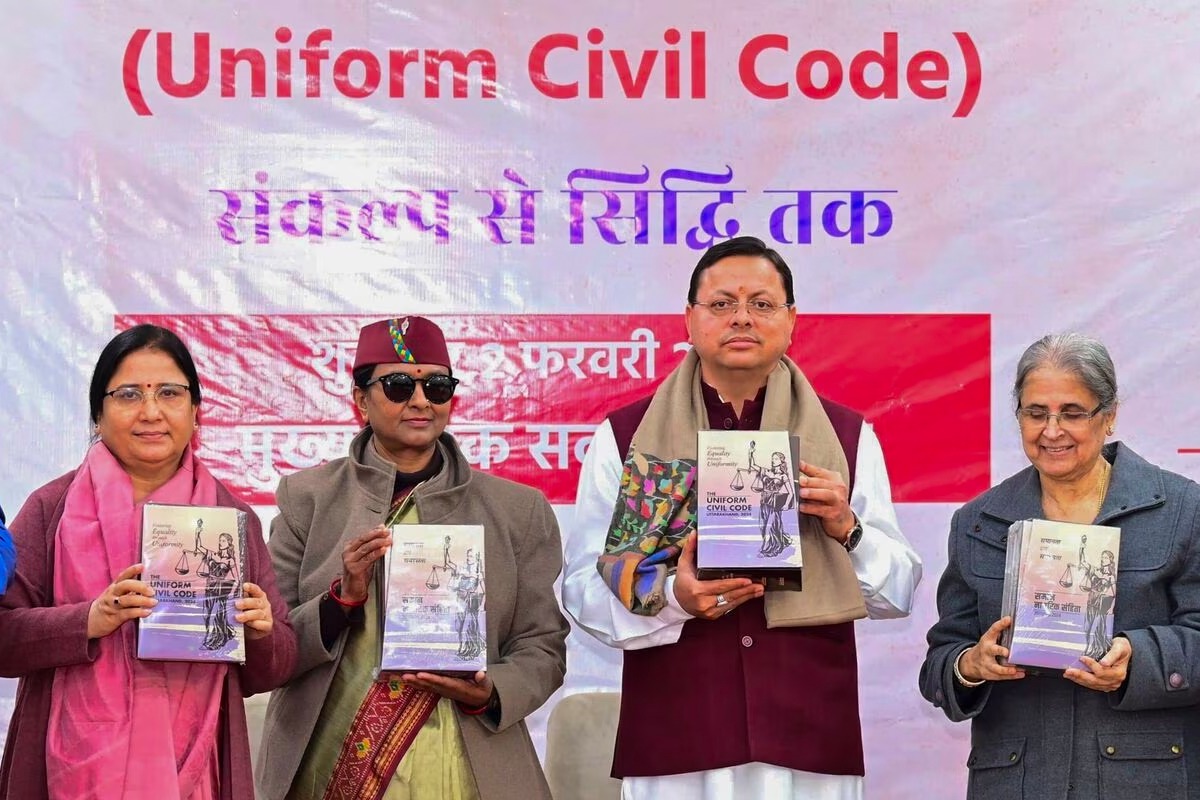Uttarakhand’s recent approval of the Uniform Civil Code (UCC) draft report marks a historic stride towards ensuring equal rights and protections for all citizens, irrespective of their religious affiliations. This move, aimed at governing crucial aspects like marriage, divorce, inheritance, and maintenance under a common set of laws, has the potential to redefine the socio-legal landscape of India. This progressive initiative must serve as a catalyst for the adoption of UCC across all states before the 2024 Lok Sabha elections, heralding a new era of inclusivity and individual rights.
The UCC, if implemented nationwide, would align with the principles of a modern, progressive democracy. The UCC seeks to transcend the existing diverse personal laws, promoting a unified legal framework applicable to all religious communities. This move is crucial for ensuring equal treatment, irrespective of one’s caste, creed, gender, or ethnicity, and reflects the spirit of India’s constitutional ideals.
The 800-page final report submitted by the drafting committee, led by a retired Supreme Court judge, emphasizes the exemption of tribal communities and focuses on women’s empowerment. The recommendations, including the prohibition of practices such as polygamy, uniform marriage age across religions, and women’s rights in matters of inheritance, are a testament to the committee’s dedication to fostering a just and equal society.
The significance of the UCC cannot be overstated in the context of individual rights, particularly for women. It addresses disparities prevalent in various personal laws, rectifying discriminatory practices and ensuring a level playing field. The proposed UCC also puts an end to practices like polygamy, providing a more equitable framework for marriage.
The UCC’s impact extends beyond religious communities to include legal provisions governing adoption, inheritance, and divorce. It is a comprehensive reform that recognizes the changing dynamics of society and aims to establish a legal framework in line with contemporary values.
As Uttarakhand takes the lead, other states should follow suit, adopting the UCC to create a harmonised legal system that treats every citizen equally. Implementing the UCC across all states before the 2024 Lok Sabha elections is a transformative step toward realising the vision of a progressive and inclusive India. By ensuring equal rights for all citizens, the UCC can serve as a powerful tool for national unity and social harmony.
@The New Indian










